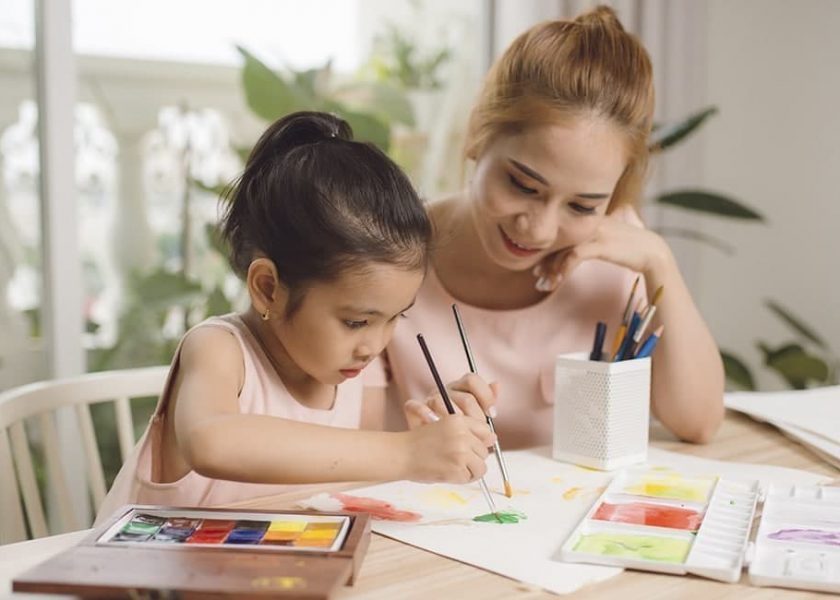
Foster a Love for Reading Books in Kids
The book is a window to the world. By reading a book, you will gain knowledge about this world. At this point, we all should agree that reading is a vital skill that every child needs to develop and grow. Reading provides a critical foundation for success in school and life.
To foster kid’s interest in reading is not an easy job to do, it does not happen magically or by a chance. Teachers carry out the crucial task to create opportunities where children are exposed to book throughout the day. The important point to remember is that it should be planned, purposeful, and done in a playful manner. Here are our top 5 ways to foster a love for reading:
Create a Supportive Learning Environment
The environment of the classroom is essential to encourage children to explore, learn, and communicate. At the same time, it should give them a sense of well-being. Everything should have a purpose. Materials should be accessible to children. Once the classroom is organized, the task at hand is putting literacy into activity settings in the learning environment.
Shared Book Reading
Shared book reading is one of the most powerful ways to promote vocabulary and comprehension. When children are allowed to interact with one another as well as with the teacher during read-aloud, they are in turn practicing communicating their thoughts and ideas using words in books.
Songs, Rhyme, and Word Play
One of the best and most important ways to engage children in the sounds of language is through singing, rhyming, and wordplay. By providing children with various opportunities to listen and play with words, the faster they would learn the language.
Development Writing
It is always important to remember that reading, speaking and writing go hand in hand. Writing allows children to develop their ability to think and symbolically represent their ideas. Children should have access to writing materials in all spaces of the classroom.
Literacy-Related Play
When children are given ample opportunities to engage in role play situations, they can develop their oral language skills, build relationships with others, and become problem-solvers.
Also, keep in mind that children learn best through thematic units. So, there should be evidence of a clear theme being studied through the linking of art projects, printed materials, and books throughout the classroom.
Hopefully, the tips inspire your children or students to love reading.
Source:





